Bi Bi Bi - a SHAG Mini-Workshop - PART 2!
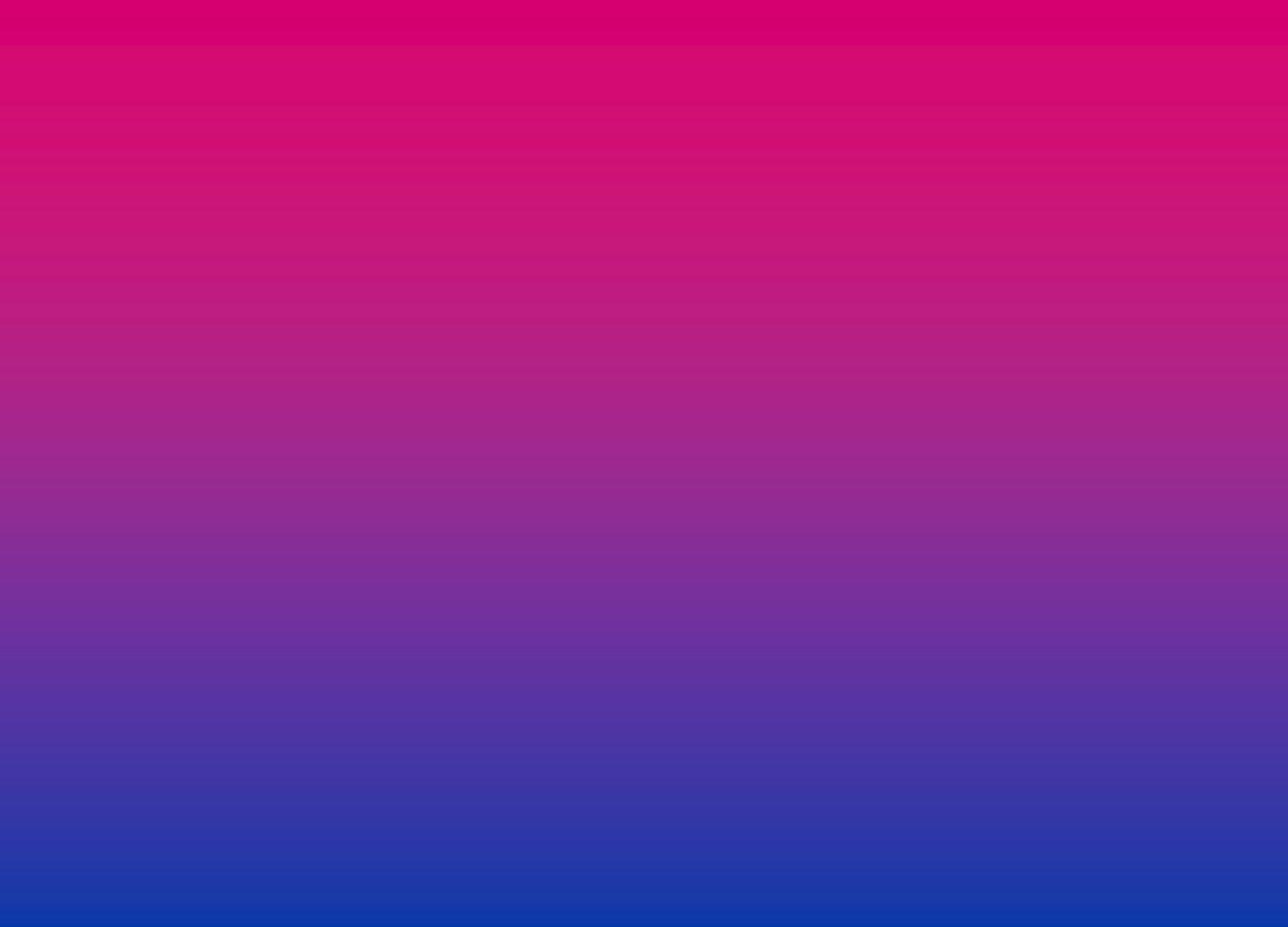
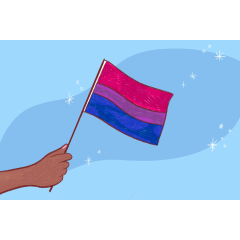
Hosted by Artemis
Watch on IG @weloveshag
YouTube @weloveshag
If you haven’t checked out part 1 of this workshop, read the transcript here!



What about some of the negative stereotypes around bisexuality? Not actually being queer: pretending, or “it's a phase.” You're not gay enough, so you don't fit into gay spaces. Or you're not gay enough, or don’t look gay enough, and so you're not going to be recognized as a part of the queer umbrella. What else? There’s also the issue of people really digging into your past relationship history, trying to turn that on you, asking you about your past relationships, trying to invalidate you. There’s also partners not thinking that you can be faithful: incapable of monogamy. There are plenty of intentionally non-monogamous or polyamorous bi people, of course, but the idea that if you're bi you're going to cheat is definitely an awful stereotype. There's also the stereotype that bi people are promiscuous, insatiable, and always having threesomes with everyone all the time.
There are stereotypes that bisexual women are in a phase, but that bisexual men are actually gay and just pretending they're in the closet, which is like the patriarchal way of making sure that everyone's attracted to men at all times. For bi women under the male gaze there's also a lot of voyeuristic threesome seeking, like, “Oh, I want to watch you kiss girls,” that sort of thing. Couples looking for a unicorn: that’s a couple who is looking for a person, often a bisexual woman, to join them for a threesome. (The term itself implies there are no bisexual women like that.) And using this term seems to make the bisexual third person into a human sex toy, a novelty, not a full human being with agency. Of course we started to talk about this earlier, but there is also getting stuck between straight people and gay people. We're too queer for the straight people, but not gay enough for the gay people. Then, who are we dating?
According to the Kinsey Scale, bisexuality is a three, right in the middle between one and six. But in fact, bisexuality is not just a halfway point between being straight and gay. It's not just straight plus gay. It's another thing all its own. It's a secret third thing called bisexuality. Secret. Yes, I'm spilling the beans here! That's why I like the distinction between monosexuality and multisexuality. To be multisexual covers a lot of bases and doesn't feel as much like a halfway point to me. Bisexuals experience a lot of invisibility, a lot of erasure. The idea of visibility, especially if you're a bi person in what you might call a “straight passing relationship,” really cuts both ways. On the one hand, there's safety in that, right? In the scope of queerness, there's safety in, at a passing glance, looking like you are the normal, acceptable, whatever. But that invalidation also hurts. It's a microaggression and that chips away over time. So this issue of visibility goes both ways. There was a Pew Research Center study that only 19% of bi people are out to most of the important people in their lives, and 26% of bi people say they're out to none of the important people in their life! These statistics are much, much lower than those for gay and lesbian people. I think it's because there's this idea of, “Well, you don't have to.” You don't have to be seen or known that way. And so you just stay in a safe spot and then nobody has to know. But the reality is, it can be a big part of who you are. That is a pressure. That is a secret you're keeping. That's hard.
Earlier, someone here mentioned the idea of qualifying as bisexual or as queer. I feel like every queer person has a version of this. No one is queer enough. A queer lesbian is like, I don't look lesbian enough. And a gay man is like, I don't look gay enough. Every trans person I've ever met has had a time when they've been like, I don't look trans enough. They don't feel like they belong in the queer community at large. I just really want to emphasize that the only checkbox you have to check off to say you're bisexual is that you are attracted to more than one gender at some point. Not that you've kissed more than one gender, not that you've dated more than one gender, not that you've done anything, or had to prove it, or done it for a certain amount of time. The attraction alone qualifies you. How you identify is a decision you can only make for yourself. Nobody else can tell you that you don't count or don’t count yet. There should not be identity gatekeeping.
There's no need to necessarily act on your identity in any certain way. There's certainly value just in the acknowledging itself, just in saying it to yourself, and then, if you chose, the world, that this is a part of who I am, and this part of me is valuable. Whether you're in a straight passing relationship, whether you're single, whether whatever! That is the truth of it. The thing I think that's important about taking on the label is that you are also challenging yourself to adapt a queer point of view according to that earlier definition. When you think of yourself as bisexual or queer, you are understanding yourself as somebody who is going to have to carve out a little space for themselves and hopefully make a little space for other people, too.
Currently, there's not a lot of new legislation targeting bisexual people. With the invisibility comes a certain amount of relative safety in the label. There's this idea that all people are bi, which can also be a bit bi-phobic because if the terms means nothing, then it’s not an identity at all. As a citizen in the community of queerness, all of us, all queer people, have a duty to make space for each other, support each other, and uplift each other. Remember, a person can be gay but not queer, because queer is not just an identity but a political stance. Queer is a way of navigating the world that goes beyond just who you're attracted to. That's a soapbox for another time.

I have a list of bicons, bisexual icons, to finish this off because as invisible as bisexual people can feel, they're all around! They could be in your home. Do you know where your bisexual is? So I just wanted to hit a few key people here. Frank Ocean, of course. Thank you, Frank. Megan Fox, iconic bisexual. Lady Gaga, another just powerful bisexual. Cardi B., Drew Barrymore, Gerard Way from My Chemical Romance, Willow Smith, Aaron Carter, rest in peace, Margaret Cho, and Aubrey Plaza, of course. There are more! Jason Mraz, but that really goes without saying, I think. As does Alan Cumming, I hope we all know that one! Angelina Jolie: I did not know that Angelina Jolie is bisexual. Janelle Monae who, of course, wrote one of the greatest bisexual anthems of our time, “Make Me Feel.”
I had to Google this to figure out what was going on, but apparently Bad Bunny has shared that he has, well, kissed lots of people, which you’re allowed to do without being bisexual, by the way. You can kiss whomever you want. But Bad Bunny shared that he is currently fluid and is open to the idea of exploring his sexuality. I thought that was so cool that he shared that, because that's vulnerable. So, shout out to Bad Bunny.
Finally, another thank you to our wonderful sponsor Exsens. And thank you for coming to Bi Bi Bi!

**This text was transcribed from SHAG’s live Mini-Workshop on March 23, 2023 and edited for clarity. This opinion piece is not intended to constitute licensed expert advice; all content is for general informational purposes only.**
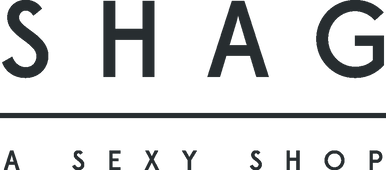
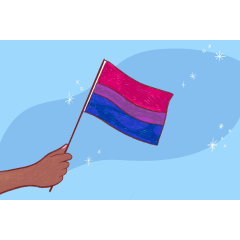

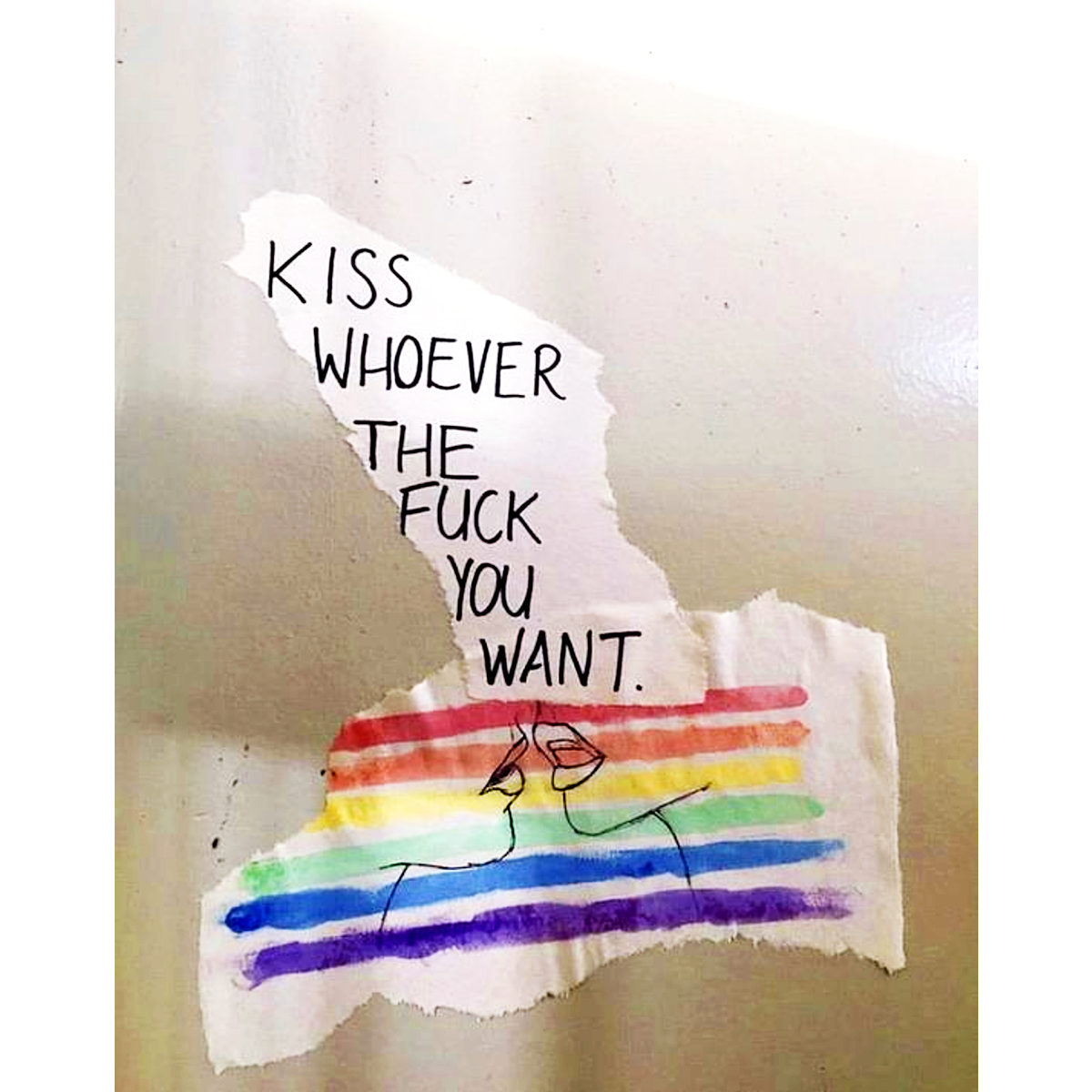
Comments